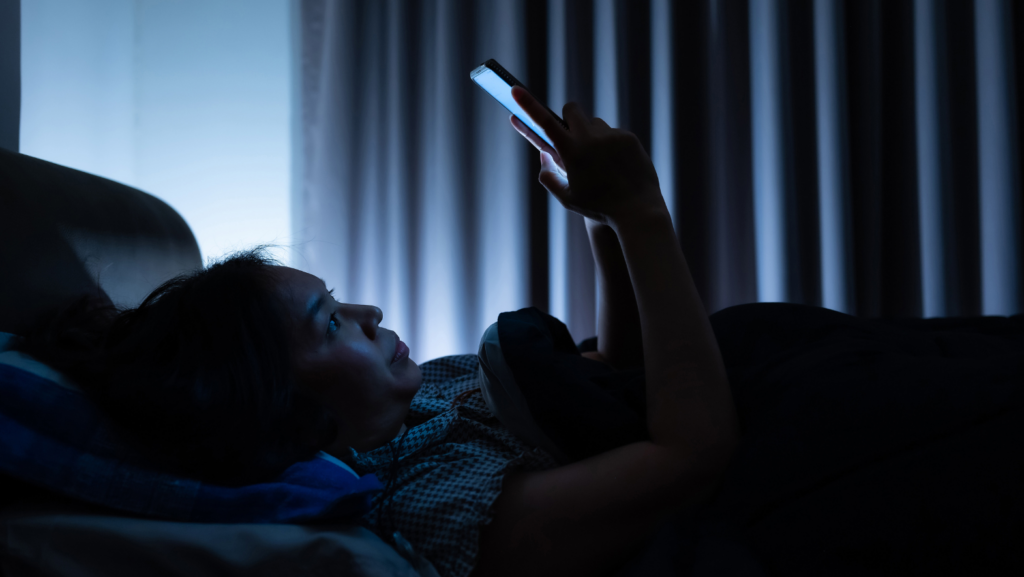Here’s why you should start sleeping early ASAP, according to a new study
 Know someone perpetually nocturnal, or are you guilty of being one? According to this new study, it turns out sleeping late isn’t as cool as it sounds—it’s detrimental to your health.
Know someone perpetually nocturnal, or are you guilty of being one? According to this new study, it turns out sleeping late isn’t as cool as it sounds—it’s detrimental to your health.
If you normally stay up till the wee hours, your sleeping time may be doing more harm than good. According to Nurses’ Health Study II, participated in by 60,000 female nurses, staying up late can increase the risk of Type 2 diabetes.
If you’re a party animal, no need to panic as the study is referring to the ‘circadian preference,’ or in layman’s terms, your body clock. Night owls are those who are naturally wired to stay up late, while early birds are those who wake up as the sun rises.
A 2019 survey revealed that 88 percent of adults in the US are guilty of sleeping late, most of it due to those late-night binge-watching. In the Philippines, a 2016 Healthy Living Index Survey showed that 46 percent of Filipinos are facing sleep deprivation, which results in staying up late. It’s one of the highest rates in Asia.
View this post on Instagram
In this recent study, researchers found that late-night sleepers are more likely to eat more, skip gym sessions, catch less sleep, gain more weight, and have more time to smoke. And those cups of frappuccinos? Night owls are 19 percent more at risk of developing diabetes due to unhealthy lifestyles.
If you think 19 percent is a low percentage, Tianyi Huang, the study’s senior author and an assistant professor at Harvard Medical School, said the risk is no joke.
You may also like: Eating almonds can help you shed off weight, new study says
The study inputs
Among the women participants in the research, 11 percent claimed to be night owls, while 35 percent said they were early birds. The rest said they were in between.
This new study’s latest proof shows that being a chronotype, (someone feeling more lively at night) can actually be detrimental to your health. It can also result in heart disease and obesity.
Research suggests that there might be a correlation between being a “night owl” (preferring nighttime activities and having a delayed sleep-wake cycle) and a higher risk of certain health issues, including a potential increased risk of diabetes.
Miami Afcon 2027 Mason Greenwood… pic.twitter.com/8RfIPgHy2y
— Dr Nkechinyere Moloa (@kechyelathrive) September 28, 2023
However, it’s not just being a late-night sleeper; the concern revolves around the misalignment of your body clock with your environment. Say you slept late but have to wake up early for your morning grind; this is where the health hazards come in.
“In our study we found that among people with an evening chronotype who did night shift work there was no association with an increased risk of diabetes,” said Huang.
Marie-Peirre St-Onge, director of the Center of Excellence for Sleep and Circadian Research at Columbia University Vagelos College of Physicians and Surgeons, simply suggests: if you can’t change your working hours, just change your lifestyle habits.
The key to saving your health from late-night blues? St-Onge recommends eating healthy, sleeping well, and exercising. Nailing these three could get you well on your way to reaping some early sleep benefits.

